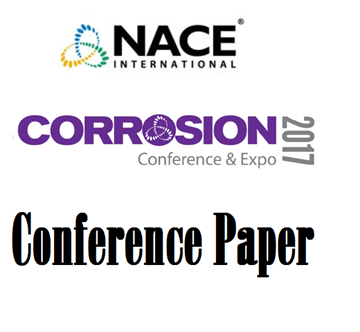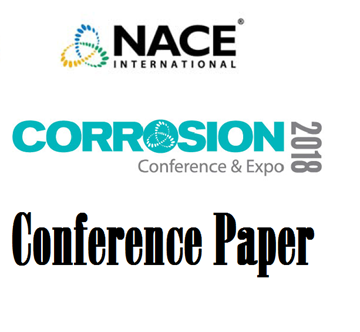Search
Products tagged with 'reservoir souring'
View as
Sort by
Display
per page
51317--9551-Identification of Compounds that Effectively Block Microbial H2S Production
Product Number:
51317--9551-SG
ISBN:
9551 2017 CP
Publication Date:
2017
$20.00
Control of Reservoir Souring and Corrosion Prevention in Production Systems in Response to Nitrate Injection Cessation
Product Number:
51324-20806-SG
Publication Date:
2024
$40.00
Impact of Novel Sulphidogenesis-Inhibitory Chemistries on Souring and MIC
Product Number:
51318-11183-SG
Publication Date:
2018
$20.00
Validation of a New Thin-Film Culture Device for Detecting Sulfate-Reducing Microbial Species
Product Number:
MECC23-19975-SG
Publication Date:
2023
$20.00




